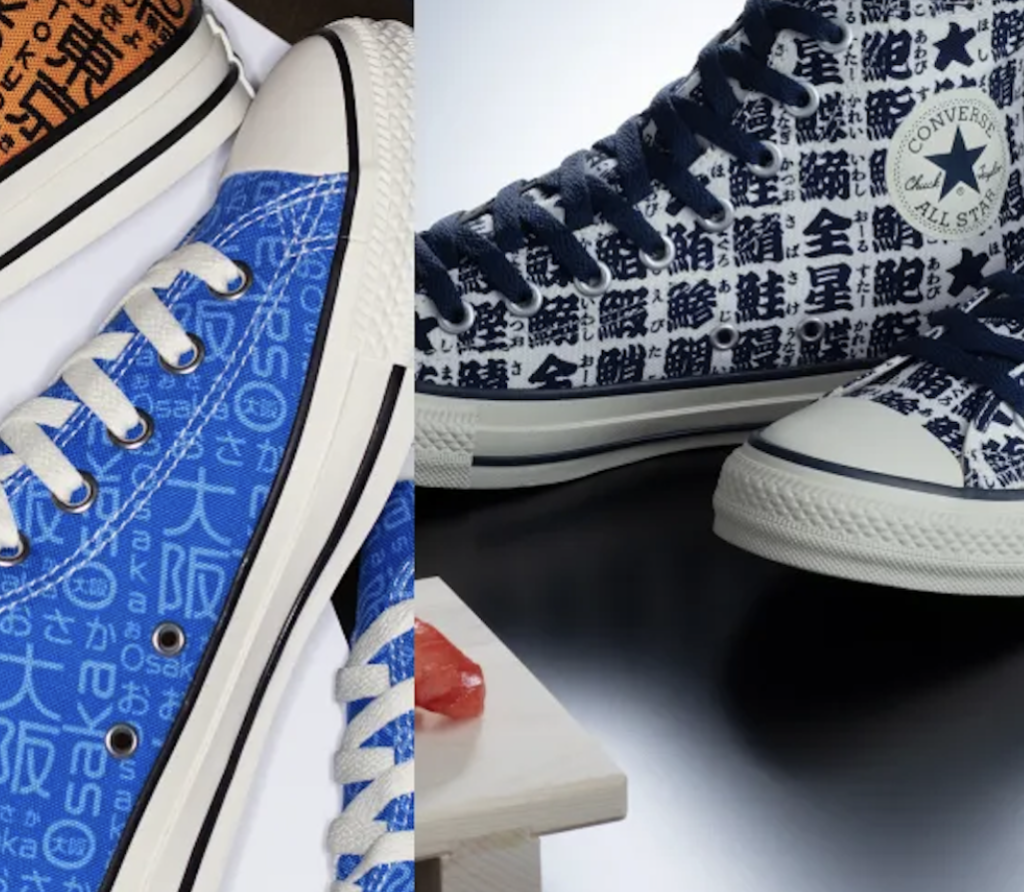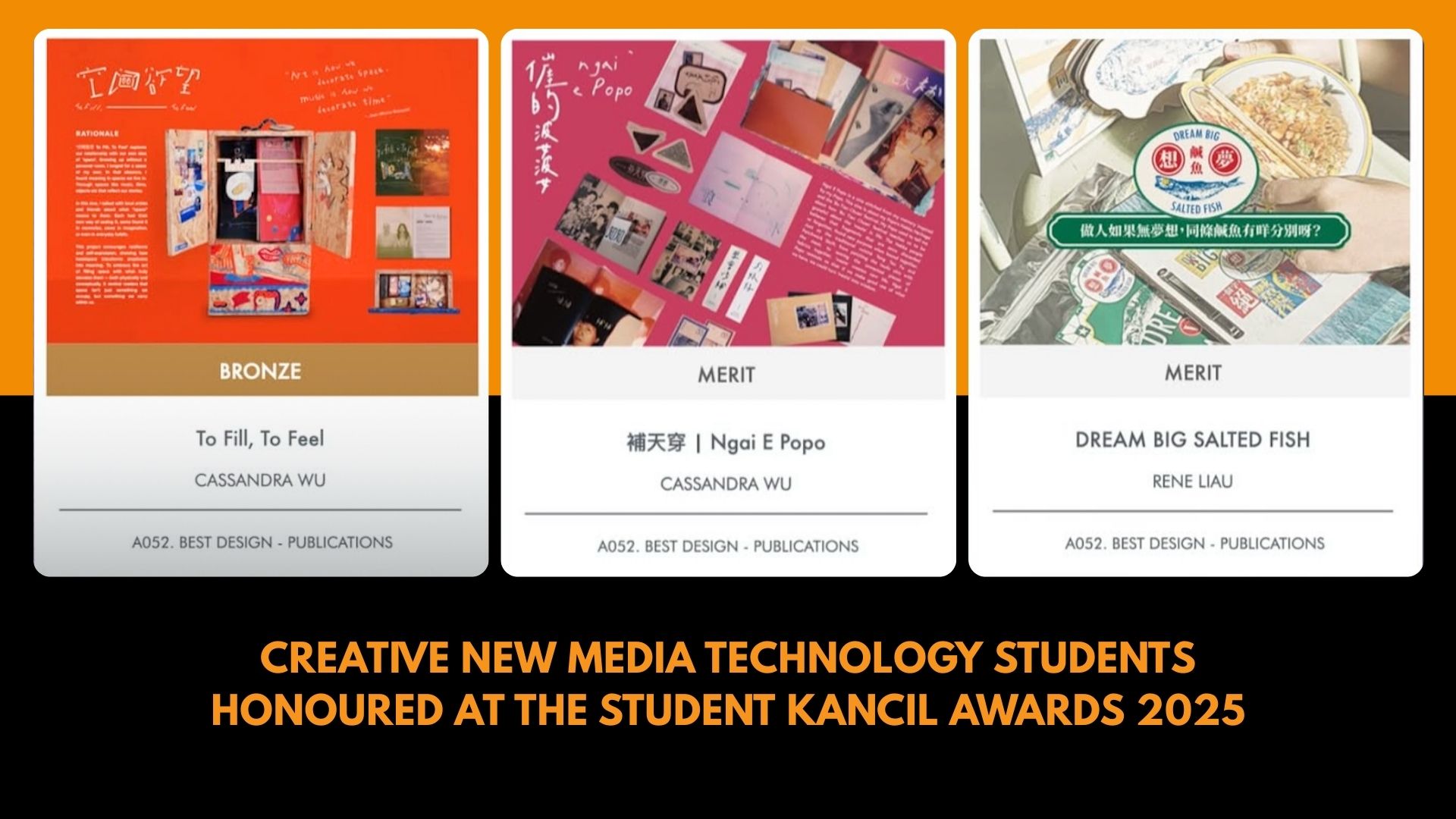
Image credit: SoraNews24, 2025.
Converse’s unveiling of its latest collection, explicitly tailored for Japan, drawing inspiration from Shinto deities, sushi culture, and traditional Japanese prints, transcended the typical shoe launch. It evolved into a significant cultural assertion. The designs blend urban streetwear aesthetics with traditional Japanese symbols, such as Raijin, the god of thunder, and Fujin, the god of wind. Each pair of shoes carries a unique narrative. They emphasize that culture transcends mere influence in the contemporary global fashion marketing landscape, serving as a valuable brand asset.
The Role of Cultural Context in Fashion Marketing
At its core, fashion serves as a medium for storytelling. However, the most compelling narratives emerge from brands that genuinely value culture. Cultural marketing, when executed effectively, has the potential to form a strong emotional connection between brands and their customers. This connection is not just about selling a product, but about sharing a story, a heritage, and a set of values. Improper execution may lead to cultural dissonance and significant public backlash, highlighting the importance of cultural sensitivity in marketing.
Japan as an Exemplary Case of Effective Cultural Integration
Japan has long served as a testing ground for brands exploring various localisation strategies. Brands such as Uniqlo, Comme des Garçons, and Issey Miyake demonstrate that embracing and showcasing one’s cultural heritage can enhance global appeal. Similarly, Converse’s Japan-exclusive editions exemplify the concept of “glocalization,” which involves tailoring global brands to align with local cultures and customs. Converse allows Japanese art to take center stage rather than imposing a Western perspective. This approach not only respects local culture but also enhances the brand’s authenticity for customers globally who seek new and meaningful experiences.
When culture transforms into a revenue-generating avenue
Individuals today, particularly those from Generation Z, place significant importance on cultural depth. They seek expressions of their identity rather than mere indicators of their status. A study conducted by McKinsey (2024) indicates that over 70% of young individuals prefer brands that align with their cultural or social values. Cultural design encompasses more than aesthetics; it involves representation, belonging, and storytelling. Dior, in collaboration with Chinese artist Chen Ke, and Louis Vuitton, with its exclusive collections featuring Thai traditional patterns, are two brands that have effectively embraced this trend. The intersection of culture and marketing, grounded in respect, transcends mere fashion and fosters meaningful dialogue.
The Risks Associated with Cultural Missteps
Cultural marketing has the potential to be both beneficial and detrimental. There have been numerous instances where brands have overstepped boundaries and overlooked aspects they ought to have valued. In 2018, Dolce & Gabbana faced backlash for an ad campaign in China that was perceived as mocking Chinese culture. The consequences were significant: fashion shows were canceled, influencers withdrew their support, and the brand’s reputation suffered considerable harm. In 2019, Gucci faced substantial criticism for producing a sweater that was perceived to resemble blackface. These examples illustrate a crucial aspect: cultural marketing can devolve into exploitation when there is a lack of genuine understanding. Brands must not only respect the cultures from which they draw inspiration but also establish an authentic connection with the individuals, narratives, and meanings associated with the symbols they utilize. This is a weighty responsibility that brands must bear in their marketing efforts.
Cultural marketing within the realms of education and design thinking
Cultural sensitivity plays a pivotal role in the Fashion Design and Fashion Marketing & Management programs at Raffles Kuala Lumpur. Students are not just taught about fashion and marketing, but also about the importance of understanding and respecting the cultures they engage with. They are encouraged to examine the influence of heritage, diversity, and identity on consumer behavior worldwide. This approach helps individuals who not only follow trends but also create responsible and impactful ones. Students explore how brands can leverage cultural intelligence as a creative asset by examining Converse Japan’s latest collection. They can transform local concepts into international narratives while maintaining a careful equilibrium between ethical considerations and aesthetic appeal.
The Raffles Global Perspective
Raffles Education was established in 1990 and has developed into an extensive global network, comprising 16 colleges across nine countries in the Asia-Pacific and Europe. Students at Raffles have the opportunity to immerse themselves in diverse cultures in locations such as Milan’s artistic avenues, Singapore’s innovation centers, and Kuala Lumpur’s cultural intersections.
Cultural literacy is essential not only for global fashion leaders but also in today’s interconnected world. Raffles provides graduates with the opportunity to comprehend that each design decision carries significance and that every cultural nuance warrants appreciation through practical learning experiences.
Arman POUREISA
Marketing Manager
References
McKinsey & Company. (2024). The State of Fashion 2024: Navigating Cultural and Digital Frontiers.
SoraNews24. (2025, November 2). Step into Japanese culture with Converse’s new Japan-exclusive shoes featuring gods, sushi style. Retrieved from https://soranews24.com/2025/11/02/step-into-japanese-culture-with-converses-new-japan-exclusive-shoes-featuring-gods-sushi-style/
BBC News. (2018). Dolce & Gabbana China row: Fashion brand accused of racism.
The Business of Fashion. (2024). Cultural Intelligence: Why It Matters in Global Fashion Marketing.
Vogue Business. (2023). How brands navigate cultural appropriation in the age of authenticity.







